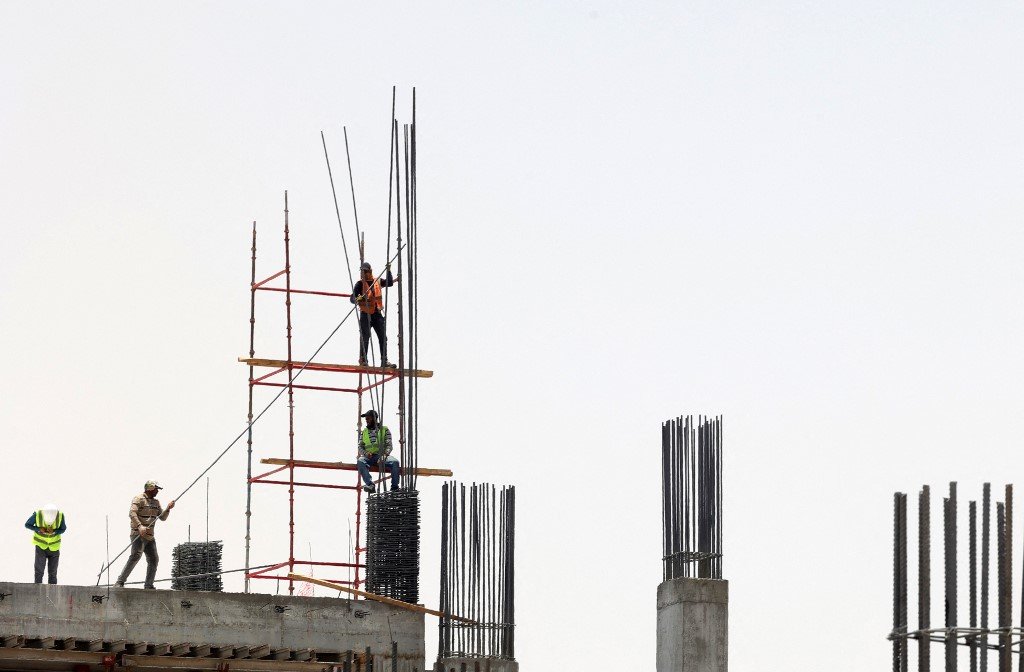DUBAI: Philippine migrant workers secretary Susan Ople has cited Saudi Arabia’s commitment to support migrant workers’ rights, as she announced stricter measures to protect the rights and welfare of overseas Filipino workers (OFWs), particularly domestic workers.
The official, in a statement highlighted Saudi Arabia’s “public expression of support for the UN Global Compact on Safe, Orderly and Regular Migration, which declares that the protection of migrants and migrant workers is a shared responsibility among States.”
“Even countries where the sponsorship or ‘Kafala system’ is in place have signed this UN document, signifying their support to sound migration governance and humane treatment of migrant workers, including those in vulnerable occupations such as domestic work,” Ople said in her statement.
Over 150 countries voted in favor of the UN Global Compact on Migration with the exception of five countries: the Czech Republic, Hungary, Israel, Poland and the United States.
Sattam Alharbi, Deputy Minister of Human Resource and Social Development, in an earlier UN forum in New York, reiterated the robust partnership between the Philippines, as the labor-sending country, and Saudi Arabia, a country of migrant labor destination.
Saudi Arabia has signed 23 agreements with labor-exporting countries, the contents of which are per international standards, to ensure a partnership based on the promotion of human rights between employees and employers.
In 2021, about 1.6 million overseas Filipinos comprised Saudi Arabia’s 13.49 million expatriate population. Saudi Arabia is the leading destination for OFWs, making about 26.6 percent of those being deployed.
“Safeguarding the rights and welfare of our migrant workers is at the heart of the DMW’s programs, services, and agreements. We will always strive to do our best amid so many challenges in the world we live in,” Ople said.
Some of the initiatives to be put in place to ensure protection of OFWs include the performance review and assessment of licensed recruitment agencies and their foreign counterparts, the issuance of country-specific employment contracts taking, stricter guidelines to only qualified and fully trained household workers are deployed abroad and white-listing of ethical recruitment agencies and foreign recruitment agencies.
Meanwhile, the names of foreign employers and recruitment agencies, both local and foreign, that have been blacklisted due to recruitment and labor violations would be published as a warning to the public.




